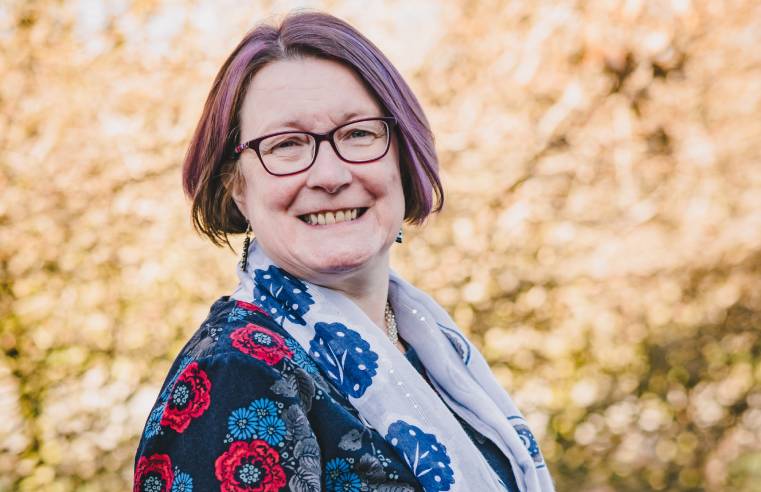Tomorrow's Care talks to Imran Rahman, a consultant ophthalmologist and CEO of Community Eyecare (CHEC), a leading ophthalmology service in the UK that supports the NHS by providing high quality, patient-focused eye care.
Why did you start CHEC and what did you hope to achieve?
Having worked in ophthalmology for over 20 years as a consultant, I have always been motivated to ensure every patient has access to high-quality eyecare. CHEC was founded in 2012 with the aim of providing patient-focused eyecare for free. Since then, we have grown into one of the largest community-based ophthalmology services in the UK.
The goal of CHEC is straight-forward. By offering greater choice, breadth of care, flexibility, and low wait times, we aim to make eyecare more accessible while supporting the NHS. We are also constantly looking to expand our services based on the needs of our patients. We’re always looking at building new centres and we seek to prioritise accessibility. For example, we recently built a new centre in Coventry in a business park. It has flexible opening hours and is close to a shopping centre, which has hugely benefitted local residents.
Could you tell me more about what CHEC does and why CHEC is important?
We provide a wide range of eye services, including cataracts, age-related macular degeneration (AMD), YAG laser, and general ophthalmology. Most importantly, we provide expert end-to-end care, meaning we are able to perform all the services that a patient needs - from the initial consultation to treatment. This one-stop-shop approach removes a lot of hassle for patients who would otherwise have to see multiple providers. In addition, by keeping the care in-house, we’re really able to offer care which is tailored to the needs of our patients.
We’re committed to making our service as efficient and easy as possible for our patients, and a huge part of that comes down to our shared care partnership model. With 97% of our post-cataract surgery patients receiving their treatment in community settings we can ensure our patients feel as at ease as possible.
Another crucial reason that our work is so important is the support we are able to offer the NHS. By working in partnership with the NHS we offer a financially viable alternative to private treatment while helping reduce the burden of backlogs faced by the NHS. Ultimately, we’re a collaborative service, as we not only want to help patients, but overworked staff in local communities.
What are some of the challenges you’ve faced?
Personally, I’ve been surprised to hear often from friends and family that they are unaware of the NHS Patient Choice Framework. The framework allows patients to choose their GP and practice when referred, including external clinics. A lot of the time, patients end up being referred within the NHS, which creates a strain for their workers and longer waiting times for the patient. It can be frustrating to find out that patients often don’t know that they have the choice over their care provider – we believe it is crucial to put a patient’s choice at the heart of their care.
When a patient has this choice, the difference is clearly shown in the stellar reviews we have received for the quality of care by our wonderful staff. Our emphasis on local, community-based care, makes our patients feel at ease. Now more than ever, it’s vital that patients and their loved ones feel reassured. Once a patient is given the choice to walk through our doors, they never want to receive care elsewhere.
How has the pandemic affected CHEC?
Like other care providers, we adapted to COVID-19 with further measures to keep our patients safe. We’re asking all patients to get tested before coming in, and adhere to the measures like using hand sanitiser, face masks, and social distancing. We’re taking every precaution necessary to protect people and continue providing our crucial care.
The NHS have done an immense job over the last couple of years, and every bit of support we can continue to offer them is important. The pandemic has caused serious overcrowding in hospitals, and the NHS now faces a massive backlog threatening to reach around 6 million patients, half a million of which are ophthalmology-based. In addition, over 13,000 operations have been cancelled since October alone which could see patients waiting years for crucial surgery. By offering efficient and high-quality ophthalmology services, we can help relieve this pressure on the NHS and tackle backlogs.
With the knock-on effects of the pandemic, every person we help is a life saved. There is no leeway for patients to have longer waiting times, as each day makes a difference in their health. Our work has never been more important, and we are committed to supporting the NHS as we continue to grapple with the effects of the pandemic.


























